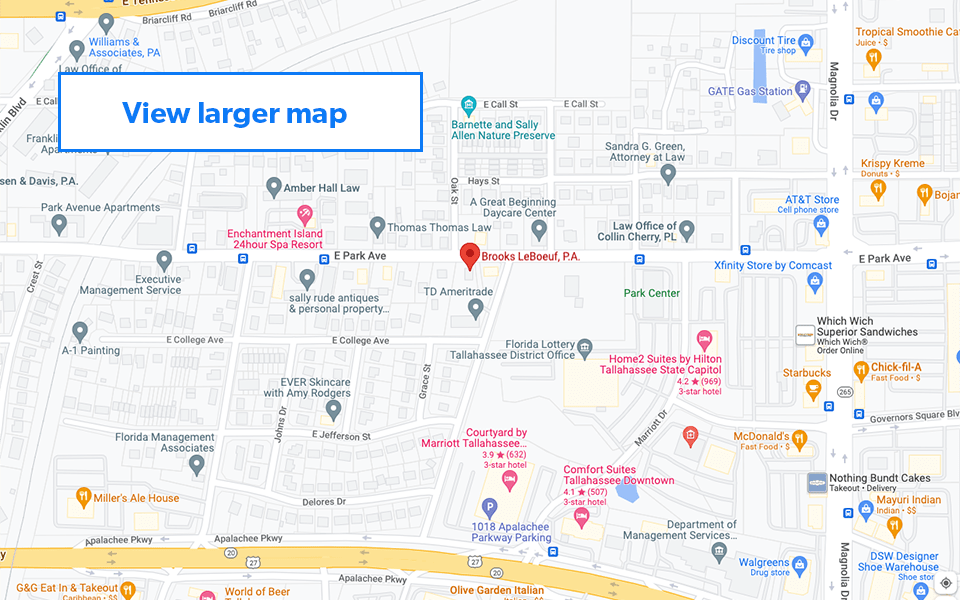Menu
- Home
- About Us
- Attorneys
- Dean R. LeBoeuf
- Matthew K. Foster
- Scott E. Gwartney
- Rhonda S. Bennett
- Ryan P. Molaghan
- Paul M. Aloise Jr
- Harold “Hal” R. Mardenborough
- Samuel E. Watford
- Carolyn T. LeBoeuf
Our Attorneys
Senior Partner
Shareholder
Partner
Partner
Partner
Of Counsel Attorney
- Practice Areas
- Testimonials
- Blog
- MAKE A PAYMENT


